Inflorescencias en Espigas (I)
Inflorescences in Spikes (I)
Inflorescences in Spikes (I)
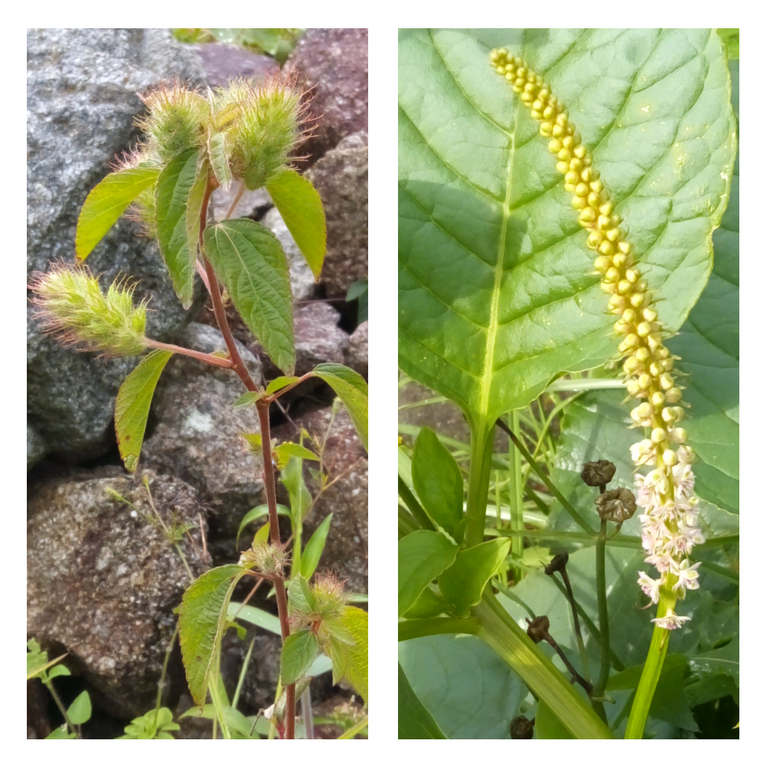

Holis…… dear friends of the community Petals
Saludos amigos amantes de los pétalos y flores. Un tipo de inflorescencia muy especial son las ESPIGAS. Estas son agrupaciones de las flores de alguna planta, que se distribuyen a lo largo de un eje (tallo floral o “raquis”. Me propongo presentar una serie dedicada a este tipo de agrupación floral centrándome en la belleza y particularidades que me llaman la atención antes que información científica.
Greetings friends lovers of petals and flowers. A very special type of inflorescence is the SPIKES. These are groupings of the flowers of some plant, which are distributed along an axis (flower stem or "rachis"). I intend to present a series dedicated to this type of floral grouping, focusing on the beauty and particularities that call my attention. before scientific information.

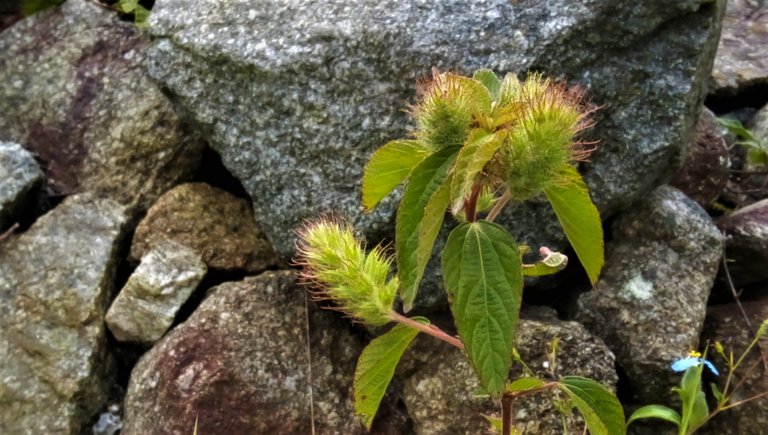
1. Acalypha Alopecuroides
Esta es una planta herbácea cuyo nombre es Acalypha Alopecuroides, es muchas veces considerada como maleza. Produce unas espigas relativamente cortas y rechonchas con muchos pelillos que le dan un aspecto afelpado esto porque sus flores están muy apiñadas. Su nombre proviene de su parecido a una planta de ortiga. Se le conocen usos medicinales tanto para el sistema respiratorio como para el renal.
This is a herbaceous plant whose name is Acalypha Alopecuroides, it is often considered a weed. It produces relatively short and stubby spikes with many hairs that give it a fluffy appearance because its flowers are very crowded. Its name comes from its resemblance to a nettle plant. Medicinal uses are known for both the respiratory and renal systems.
 |
|---|
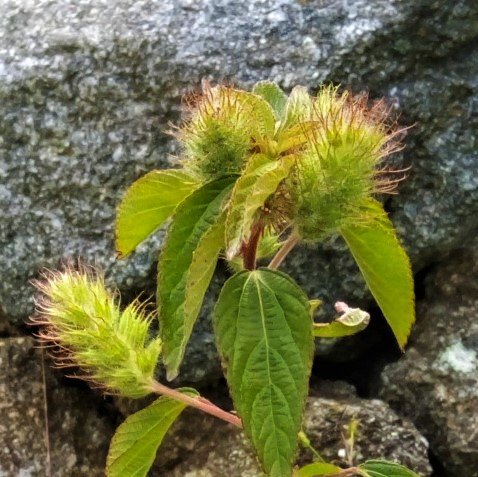 |
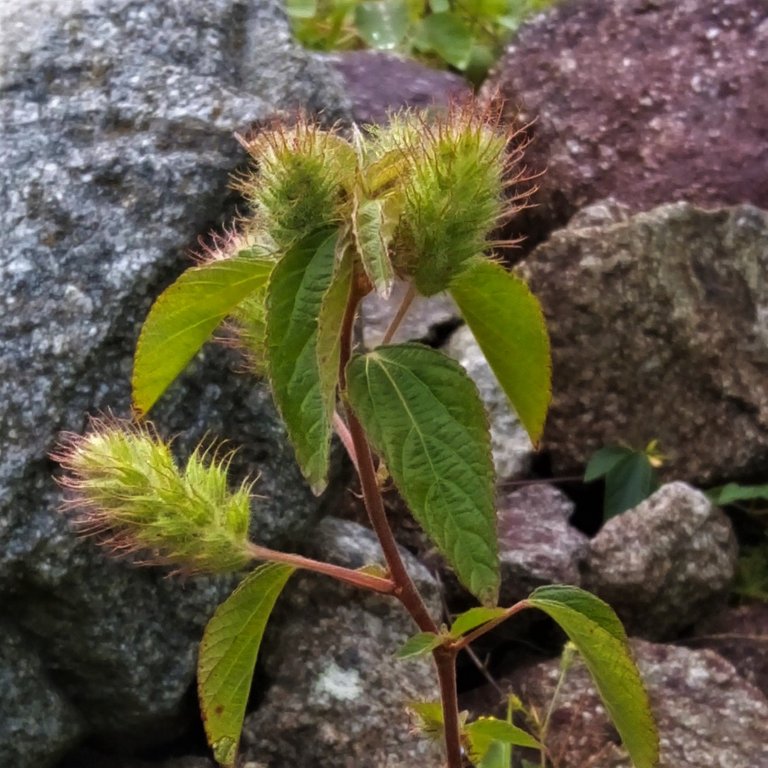 |

Un Dato sobre Espigas | A Tips about Spikes
"Hay espigas dísticas (las flores se encuentran en el mismo plano pero observan, de forma alternativa, a uno o al otro lado del eje), espigas cilíndricas (con aspecto de cilindro) y espigas oblongas (menos anchas que largas)""There are distichous spikes (the flowers are in the same plane but look alternately to one or the other side of the axis), cylindrical spikes (cylindrical in appearance) and oblong spikes (less wide than long)"

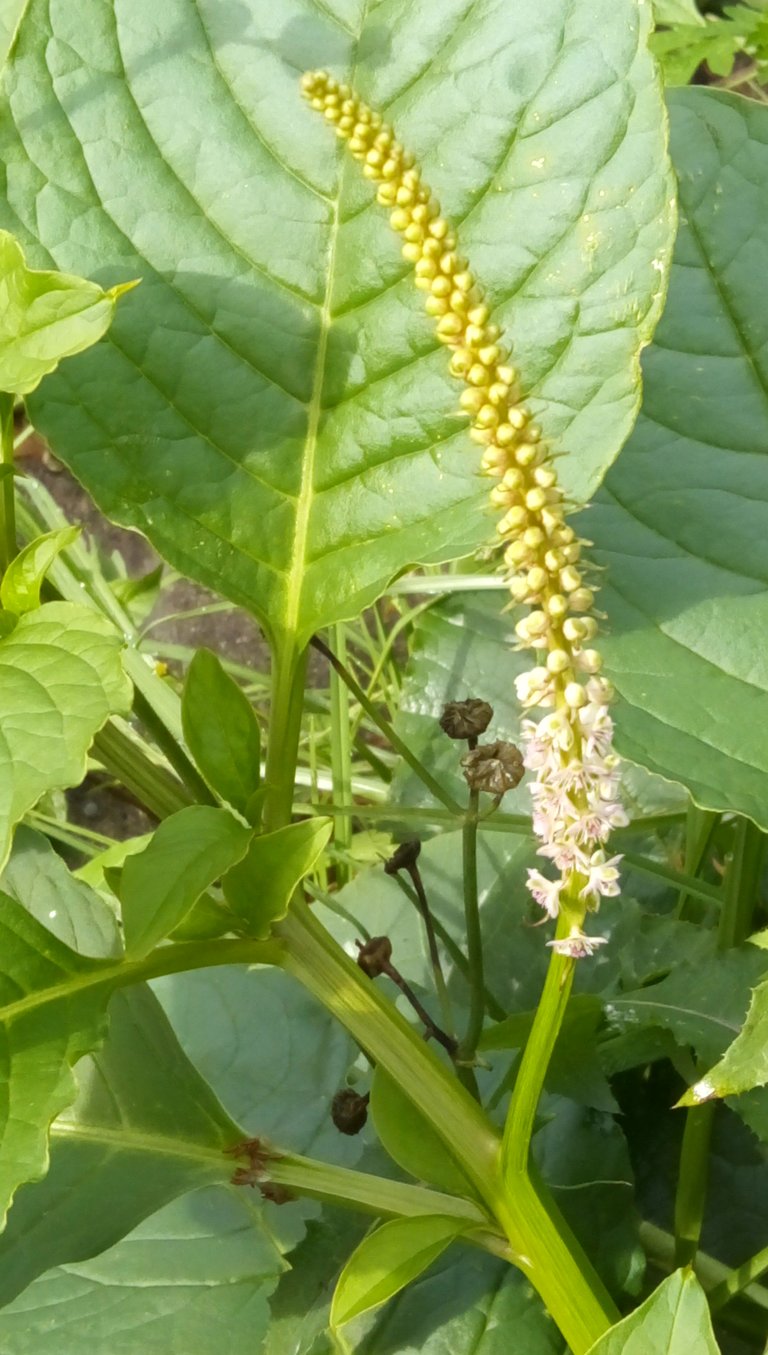
2. Phytolacca icosandra
La siguiente espiga que presento es por mi desconocida, buscando con google lens aparecen semejanzas con la especie Phytolacca icosandra, pero no puedo aseverarlo. Su espiga es parecida a al del llantén, sin embargo su forma es más cónica. La clasificación de este tipo de esiga seria Espiga racimosa.
The next spike that I present is for my unknown, searching with google lens similarities with the species Phytolacca icosandra appear, but I cannot confirm it. Its spike is similar to that of the plantain, however its shape is more conical. The classification of this type of esiga would be Cluster spike.
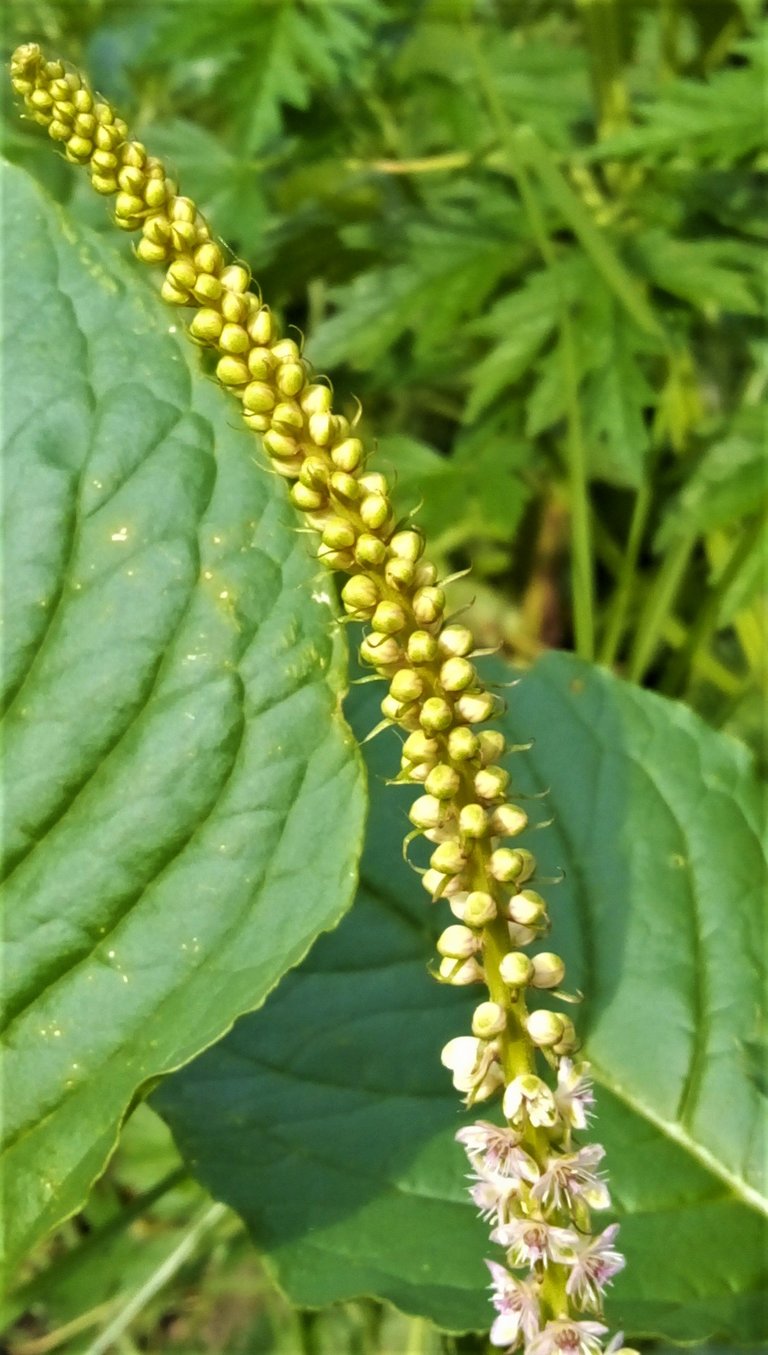 |
|---|
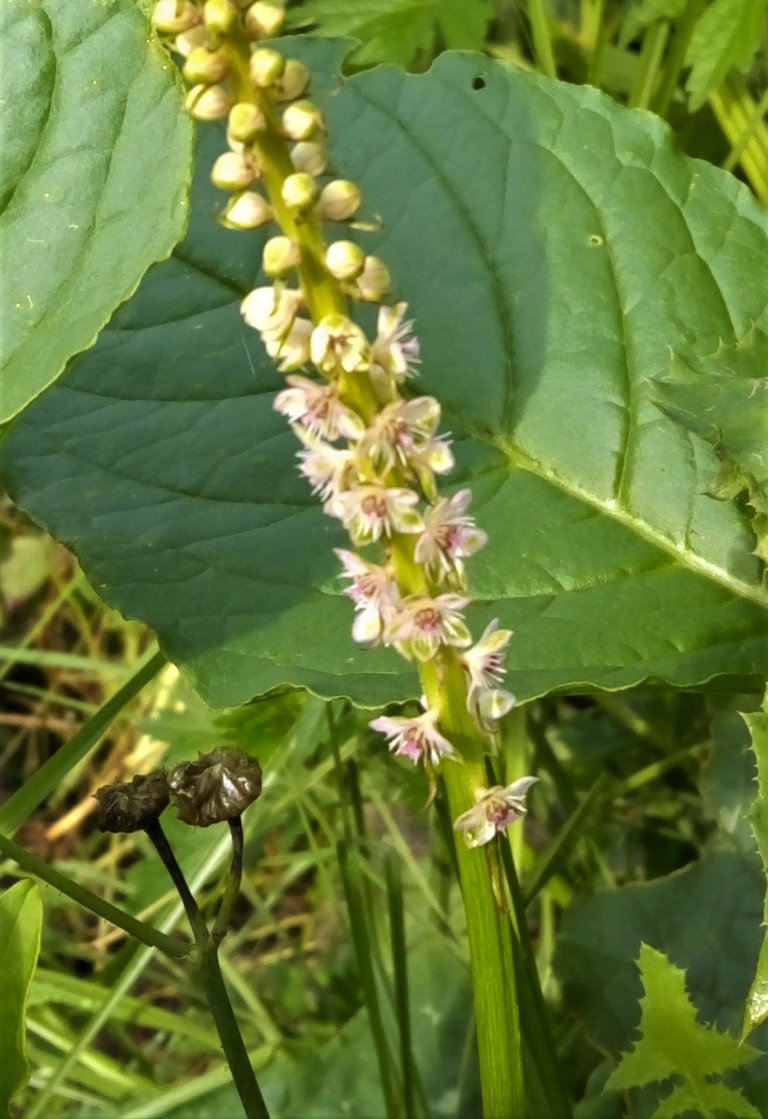 |
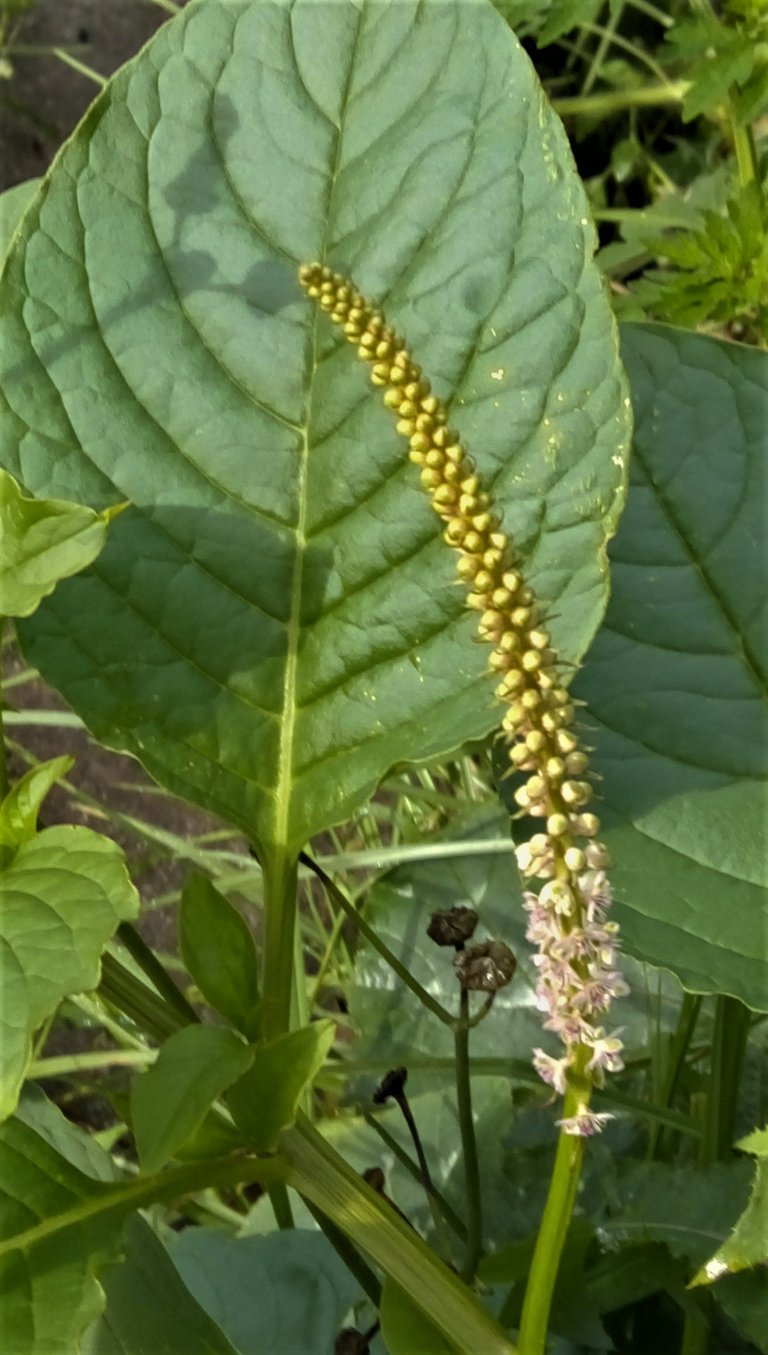 |

Conoce Más // Learn More

Las imágenes son de mi propiedad, Cámara A7S.
@zainnyferdhoy

Congratulations @zainnyferdhoy! You have completed the following achievement on the Hive blockchain and have been rewarded with new badge(s):
Your next target is to reach 70 posts.
You can view your badges on your board and compare yourself to others in the Ranking
If you no longer want to receive notifications, reply to this comment with the word
STOPTo support your work, I also upvoted your post!
Check out the last post from @hivebuzz:
Yay! 🤗
Your content has been boosted with Ecency Points
Use Ecency daily to boost your growth on platform!
Support Ecency
Vote for new Proposal
Delegate HP and earn more, by @zainnyferdhoy.
Thanks for your contribution to the STEMsocial community. Feel free to join us on discord to get to know the rest of us!
Please consider delegating to the @stemsocial account (85% of the curation rewards are returned).
You may also include @stemsocial as a beneficiary of the rewards of this post to get a stronger support.
We appreciate your hard work and dedication, your post has been manually curated on behalf of the community PETALS it will be added to the weekly curation report. Thanks and keep up the good work !!
<hr>We appreciate your work and your post was manually curated by @none! from the DNA team!
Reach us on Discord to learn more about the project!
Hello @zainnyferdhoy!